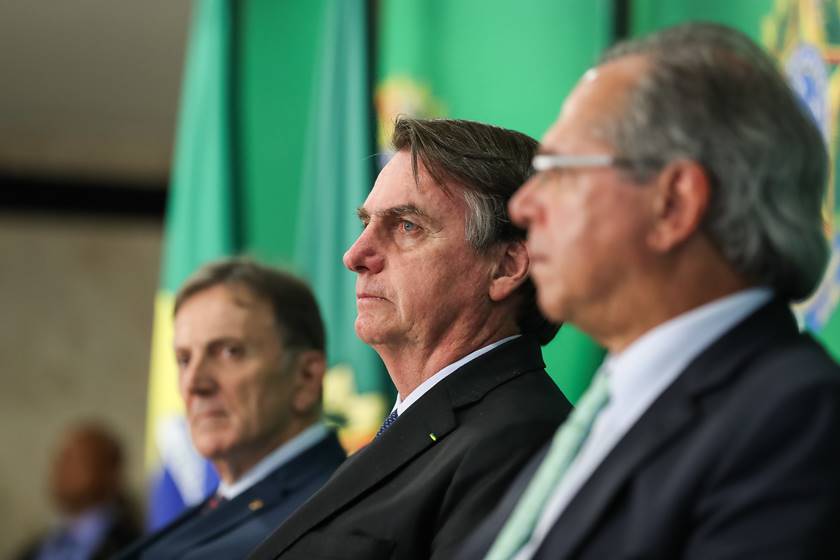The beginning of the Jair Bolsonaro government was defined by the far-right president’s decision not to form a coalition in Congress. Claiming that he was putting an end to horse-trading in Brasília, Mr. Bolsonaro gambled on a new kind of relationship between the Executive and the Legislative.
Congress was given autonomy to further the government’s agenda in any way it saw fit. If the president were to be unhappy with the results, he would resort to his veto power to make the changes he deemed necessary. At the same time, Congress could suspend the vetoes it would inconvenient. In the first nine months of the Bolsonaro government, this is the way all bills have been passed.
Without a coalition or any form of support base for the sitting administration, Brazil’s pension reform progressed through the Congress, fueled by the urgency to make the country’s social security system more sustainable, and the economically liberal leanings of the new wave of elected representatives and senators. Led by Rodrigo Maia and Davi Alcolumbre—the heads of the House and Senate, respectively—debates around the reform agenda have gained a new impetus and some results have been seen already.
There has been the Economic Freedom decree, the new Telecom Law, the reviewing of social security benefits, and the...


 Search
Search






































